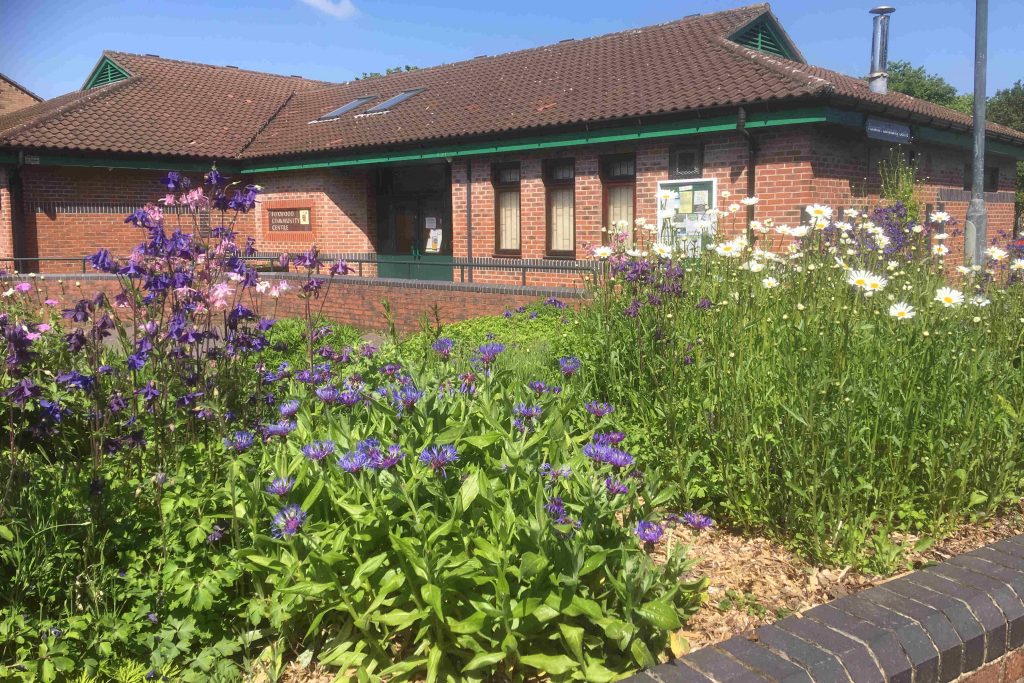
The Council has issued a media release today saying that it will extend the network of hubs set up to counter the Coronavirus emergency. The 10 hubs formed part of the governments contingency -plan to get essential supplies to those who were being shielded from the virus.
The Council also asked for volunteer helpers and claimed that over 3000 had stepped forward. It turned out that most of the volunteers were little used while the governments arrangements, for supermarkets to deliver food parcels, meant that fewer than 1000 deliveries of food were organised from the hubs.
The council now says
“Since the helpline and hubs opened on 23 March, over 1,300 calls for help have been answered. These were for a range of support, and includes delivering 850 food parcels, information about food suppliers, prescription collection, financial assistance, information about cleaning and dog walking, and much more.
Staff and volunteers at the hubs have made nearly 5,500 telephone calls to residents to check on their needs and wellbeing, and over 200 residents have been connected to volunteers for ongoing wellbeing calls”.
The Council now says it will be working with communities to “create more drop-in hubs”. (The present hubs are not open to the public)
Hubs are very expensive to run. There is no indication from the Council on how much the existing network is costing, much less who has authorised an expansion. The issue doesn’t seem to have been discussed by any of the Councils decision making bodies.

The have, of course, been several neighbourhood hubs operating in the City for over 2 years. These pre-dated the coronavirus scare. Several have been reasonably successful and they do provide a meeting point for the disadvantaged.
However, they have often struggled to attract volunteers and mainly rely on paid staff. Hence they are an expensive option.
The Council says that it wants to mobilise its 3000 strong army of volunteers.
So it should.
First it needs to find out what motivated them to offer to help and whether they will still be volunteers after the health scare has receded.
Many will, of course, be returning to full time jobs over the next few months.
So, there are a lot of questions to be answered before the Council embarks on a programme which, in the stark new financial reality, it may not be able to sustain.
